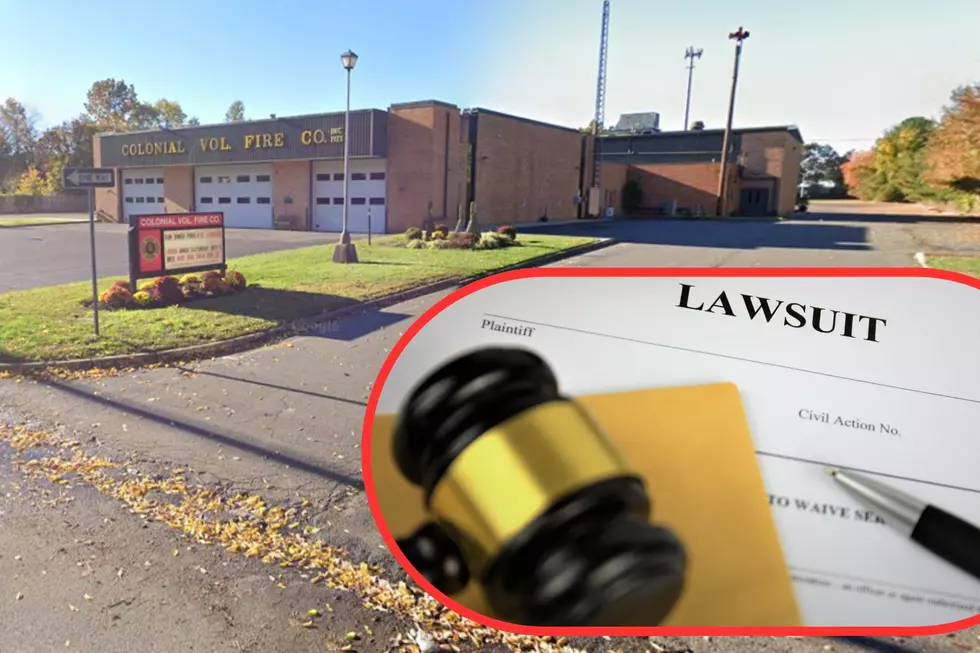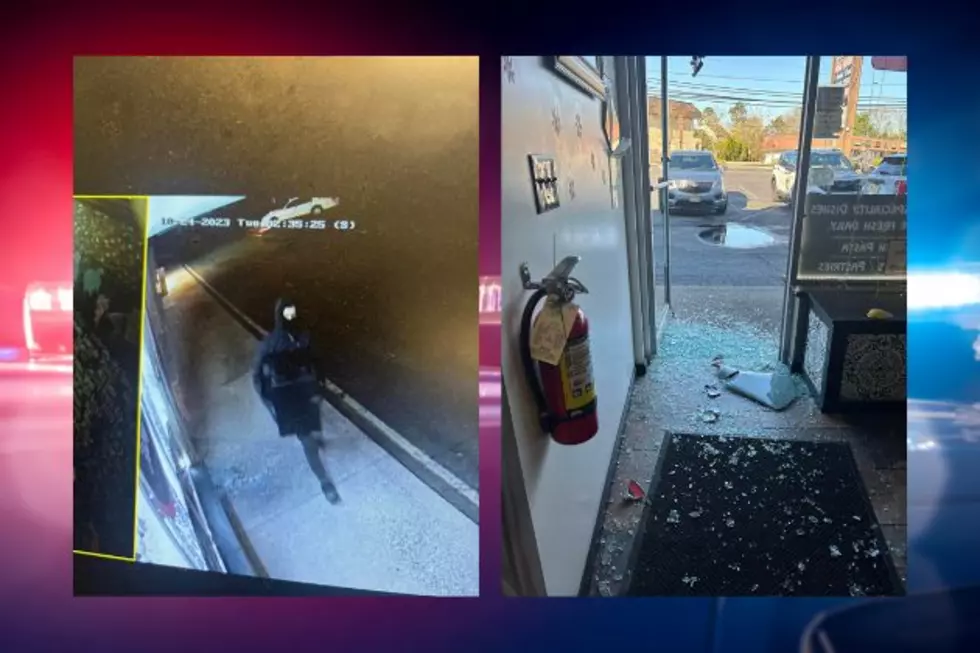
Don’t be a victim! Tech scams exploding in NJ
💻 NJ tech scams are rising dramatically
💻 The FBI is urging NJ residents to think before they act
💻 Your PC problem could be solved by pulling the plug
Have you been recently contacted by someone claiming to be a computer virus specialist from Microsoft, Google or some other tech company, informing you there’s a serious problem with your PC?
The FBI has seen a rise in tech scams for several months but now they’re warning this type of scheme is literally exploding.
According to Dominique Evans, the assistant special agent in charge of the FBI’s Newark Field Office White Collar Branch, the reported amount of money lost by New Jersey residents in tech scams has more than doubled, going from $9.9 million in 2021 to almost $22 million last year.
Lots of approaches
Scammers are using different methods to get in touch with people.
“Some might be just a regular cold call on a telephone where a victim will receive a call from a person who claims the victim's computer is sending error messages,” she said.
In other cases, “the victim will receive an on-screen pop-up message claiming viruses are attacking a device, and then they’re going to receive a telephone number to call.”
Evans noted some people will also suddenly get what’s referred to as the “blue screen of death” where their computer screen locks, and a phone number will instruct the user to call for assistance.
She said in any of these instances, “you should be checking your malware yourself, you should be checking your virus scan results yourself instead of just contacting any number that is reaching out to you.”
"A lot of times the instant and quickest solution is just turn off your computer, wait a little while and then turn it back on again," she said.
Evans said to avoid this kind of problem be careful about what you click on.
A telltale sign you’re dealing with a scam artist: “The person that’s talking to you is going to pressure you to act very quickly, so they are going to say this needs to be resolved right now if you don’t take immediate action.”
Don't give them access to your PC
She said if someone you are talking to asks for remote access to your device, don’t do it.
Evans said if you think you’ve already possibly been scammed, you can contact the FBI.
“You’re going to want to also contact your financial institutions to protect your accounts and then maybe set up a monitoring service, that’s your first line of defense," she said.
Report a correction 👈 | 👉 Contact our newsroom
LOOK: Baby boomer baby names that have gone out of style
Even more cutest pets in New Jersey — 2023
Most affordable places to live in New Jersey
More From New Jersey 101.5 FM









